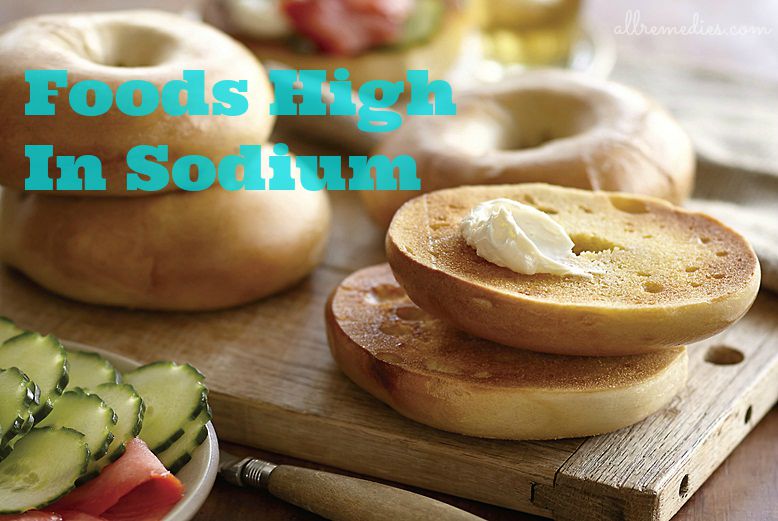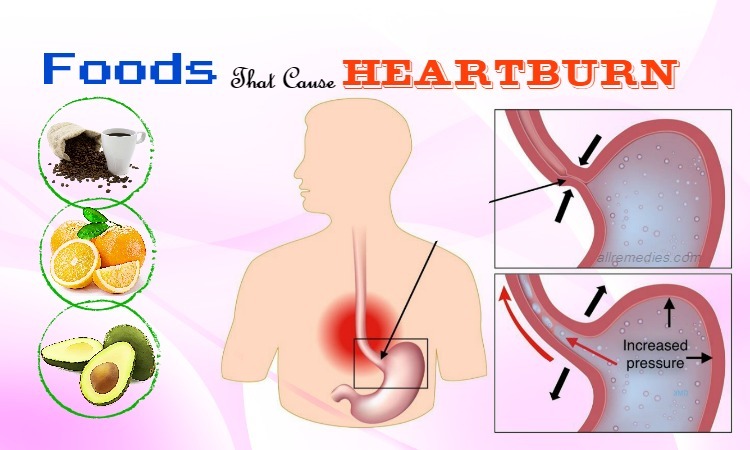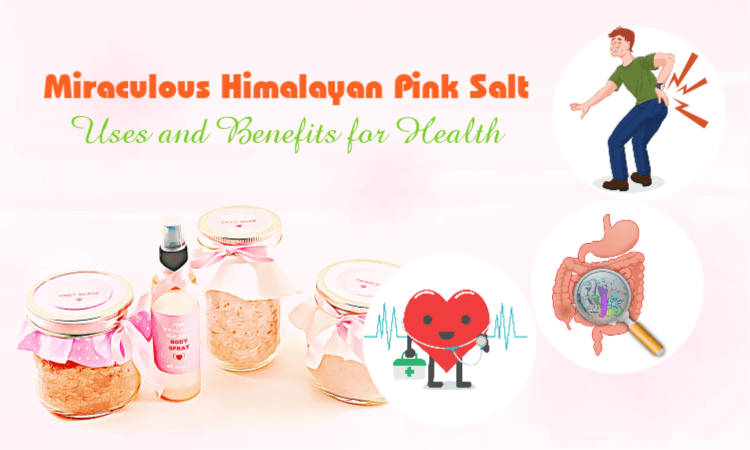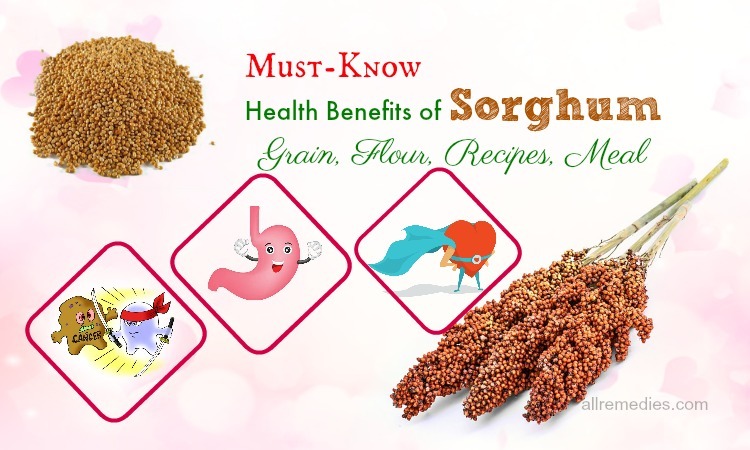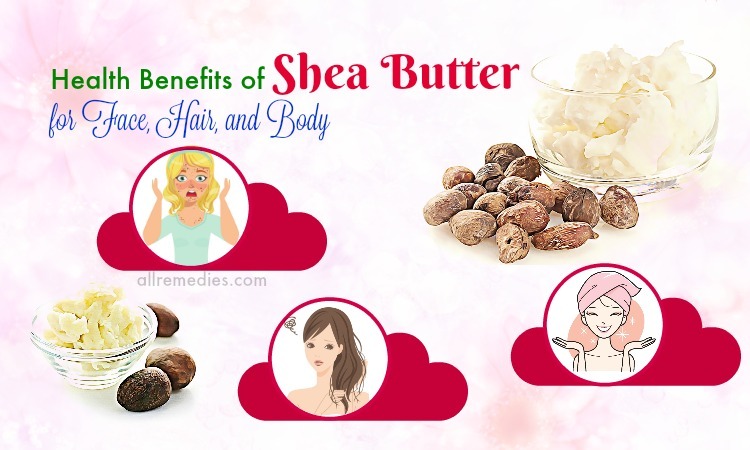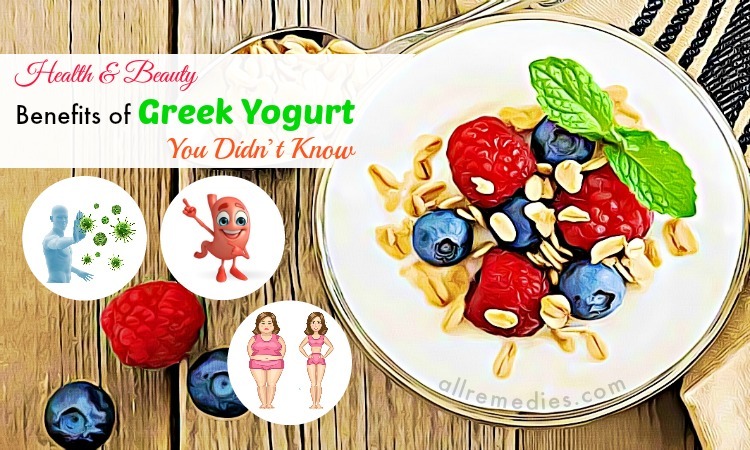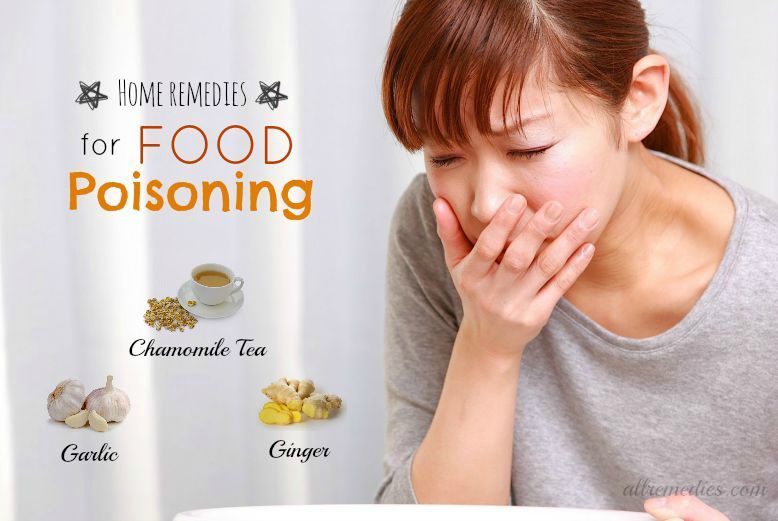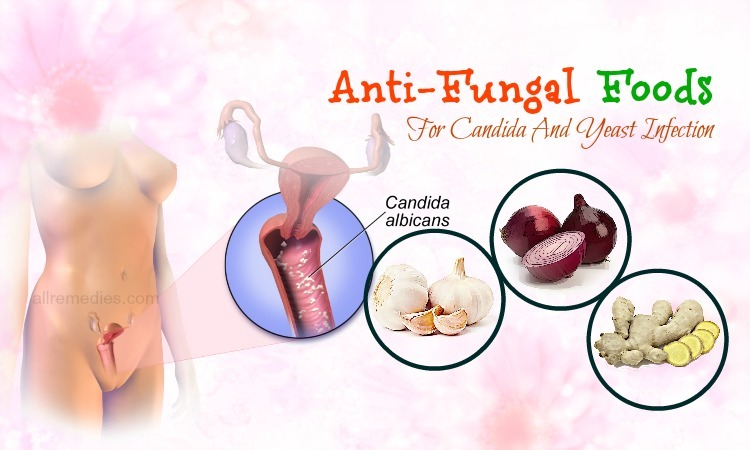
Reviewed by Registered Dietitian Nutritionist Rachelle Caves - RDN, CNSC, CPT
10 Research-Based Anti-Fungal Foods For Candida And Yeast Infection
CONTENTS
Fungus growth may result in candida and yeast infection that can be treated with medical medications and treatments. However, prevention is better than cure. It is recommended having a healthy diet and lifestyle can help guard against yeast infections. In this article in AllRemedies.com, we are going to let you know wonderful anti-fungal foods that may help prevent candida and yeast infections.
Anti-fungal Foods For Candida And Yeast Infection
1. Garlic
Garlic contains antifungal properties; therefore, you should not ignore garlic if you are looking for the best anti-fungal foods. Eating garlic can help fight against candida by increasing the growth of good bacteria in your digestive system.
Furthermore, there is an association between inulin present in garlic and the ability to stimulate colon and liver, boosting your body detoxification [1].
Garlic can be added to many delicious cooking recipes to make foods taste better. But to enhance the benefits of garlic, people often eat about 2 to 4 cloves of garlic per day. If you do not want to consume it directly add it to a healthy vegetable based dish.
Garlic should not be consumed when you have an empty stomach. To reduce stomach burn, you can combine crushed garlic with a tablespoon of coconut oil or olive oil (or by simply cooking with it).
Garlic is available in the market or supermarket. However, not many people know how to choose garlic with good quality. It is recommended looking for organic, local garlic or one from North America and Europe.
2. Coconut Oil
Coconut oil should not be ignored if you are looking for anti-fungal foods. Coconut oil is an effective home remedy for Candida. Caprylic acid and Lauric acid present in coconut oil have the ability to boost your immune system and inhibit Candida overgrowth.
AllRemedies Partner Solutions

Keep Asking Questions Until You Get The Answer You Need!
The Medical Experts are all here to answer your questions online or with a phone call.
Coconut oil is a heat stable oil. That is a reason why people often use coconut oil for cooking and frying. To reap the anti-fungal benefits of coconut oil, Candida and yeast infection, you should consume 2 or 3 tablespoons of coconut oil daily. It is recommended buying organic virgin coconut oil with good quality.
Read more: 49 Amazing Benefits of Coconut Oil for Health and Beauty
3. Onions
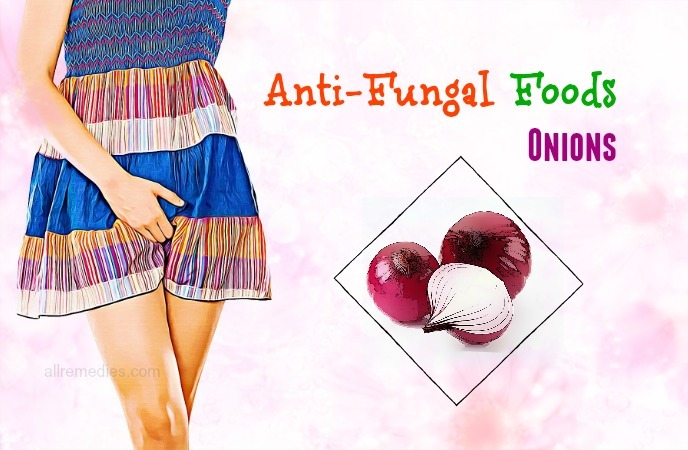
Containing anti-bacterial, antiparasitic and antifungal properties [2], onions are included in a list of anti-fungal foods for candida and yeast infection.
However, eating onions may cause breath issues. To deal with candida, you should eat onions with parsley.
Onions can be added to different meal recipes. For examples, onions can be added to the omelets in the morning for a low carbohydrate, high-protein, gluten-free meal.
4. Ginger
Containing detoxifying properties, ginger can detoxify the liver, increase circulation, and stimulate the immune system. Furthermore, consuming ginger regularly is effective in improving the digestive system and preventing intestinal gas. Because ginger has a soothing effect, it is considered as an effective home remedy for any inflammation in the intestinal tract caused by the Candida overgrowth.
Therefore, ginger is one of the amazing fungal-foods [3] you should not ignore if you are experiencing candida and yeast infection. It is recommended drinking ginger tea if you have candida and yeast infection.
Try drinking 2 or 3 cups of ginger tea daily if you want to treat Candida growth and yeast infection.
Read more: 27 Health Benefits of Ginger Root and Tea
5. Cinnamon
Cinnamon is a good choice for anti-inflammatory and anti-fungal foods [4]. It also has anti-microbial properties. Cinnamon is loaded with antioxidants that protect your body from harmful radicals. You should add cinnamon to your diet to get these benefits.
6. Turmeric
Turmeric is one of the anti-fungal foods. Curcumin [5] present in turmeric can inhibit the growth and spread of candida.
See more: 40 Health Benefits of Turmeric Spice and Powder
7. Apple Cider Vinegar
Apple cider vinegar contains anti-fungal properties that make apple cider vinegar an effective home remedy for indigestion, acid reflux, fungal infections and obesity. In this article, we would like to mention apple cider vinegar as one of the antifungal foods for candida and yeast infection. Apple cider vinegar can be also added to weight loss diet plan.
8. Cloves
Cloves [6] have a strong smell. Cloves contain the same compounds as oregano oil. Those compounds have the ability to help oral and intestinal infestation of Candida. According to Kunicks and Kalemba, direct application of clove essential oil was efficient against Candida albicans, Aspergillus parasitica, and Cryptococcus neoformans [7]. Consuming cloves on a regular basis can improve the immune system. According to a study, oil of cloves contains powerful anti-fungal and anti-microbial properties; therefore, cloves are considered as an effective home remedy for every type of bacteria, fungus, and yeast.
9. Grapefruit Seed Extract
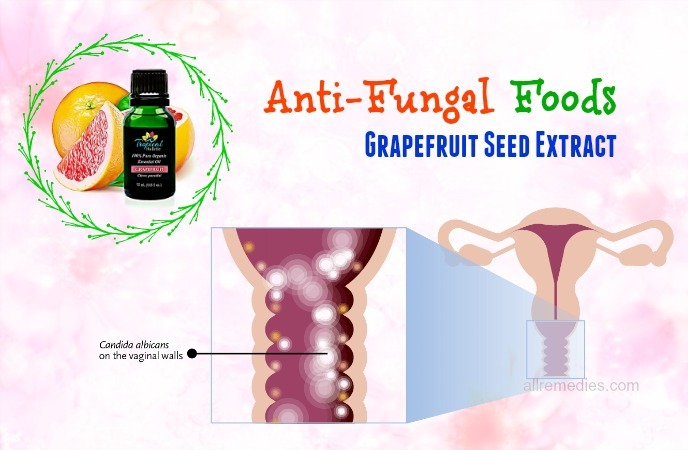
The extract from the seeds and pulp of grapefruit may help prevent yeast overgrowth. Consuming grapefruit seed extract is effective in killing different molds and yeasts. Furthermore, it improves the immune system, fights against the intestinal yeast cells and balances the pH level of your body.
Learn also: 34 Health And Beauty Benefits Of Grape Seed Oil
10. Fermented Foods
Fermented foods such as kimchi and sauerkraut may help prevent yeast overgrowth. It is recommended buying kimchi and sauerkraut in unpasteurized or raw form. Most of the fermented foods are rich in probiotics. Furthermore, both kimchi and sauerkraut are loaded with vitamin B12 and vitamin C that boost a strong immune system and inhibit Candida overgrowth. candida and yeast infection, you should consume those fermented foods after medical treatment.
Those are anti-fungal foods for candida and yeast infection we would like to introduce to you in this article. We hope that you can find this article useful and informative. Any questions should be left in the comment section. We will answer as soon as we can. Thank you for reading.
The content in this article is not intended to be a substitute for professional medical advice, diagnosis, or treatment. Always consult your physician before starting a diet, exercise, or supplement regimen. This article is intended for educational purposes only.

GET FREE ACCESS!
Lorem Ipsum has been the industry's standard dummy text ever since the 1500s, when an unknown printer took a galley of type and scrambled it to make a type specimen book. It has survived not only five centuries
Also on
JOIN THE CONVERSATION
